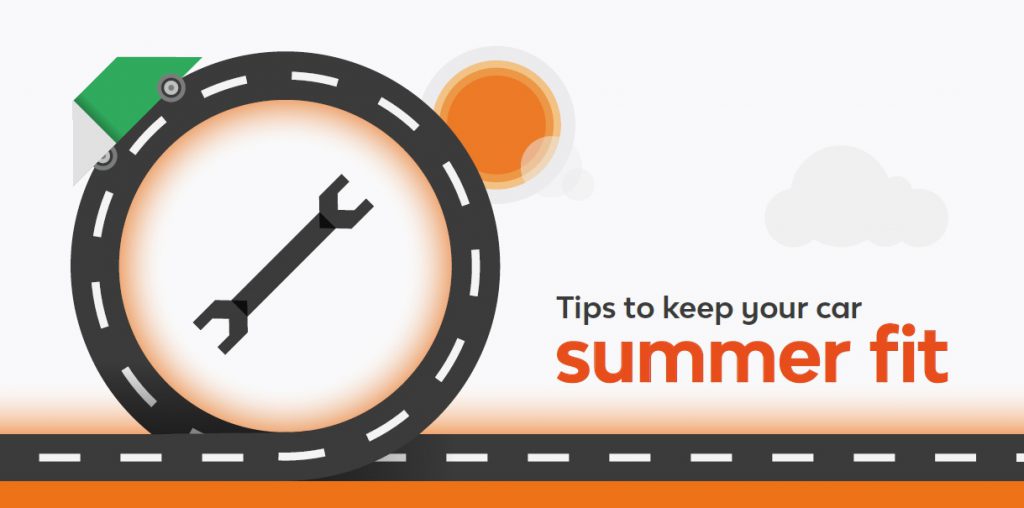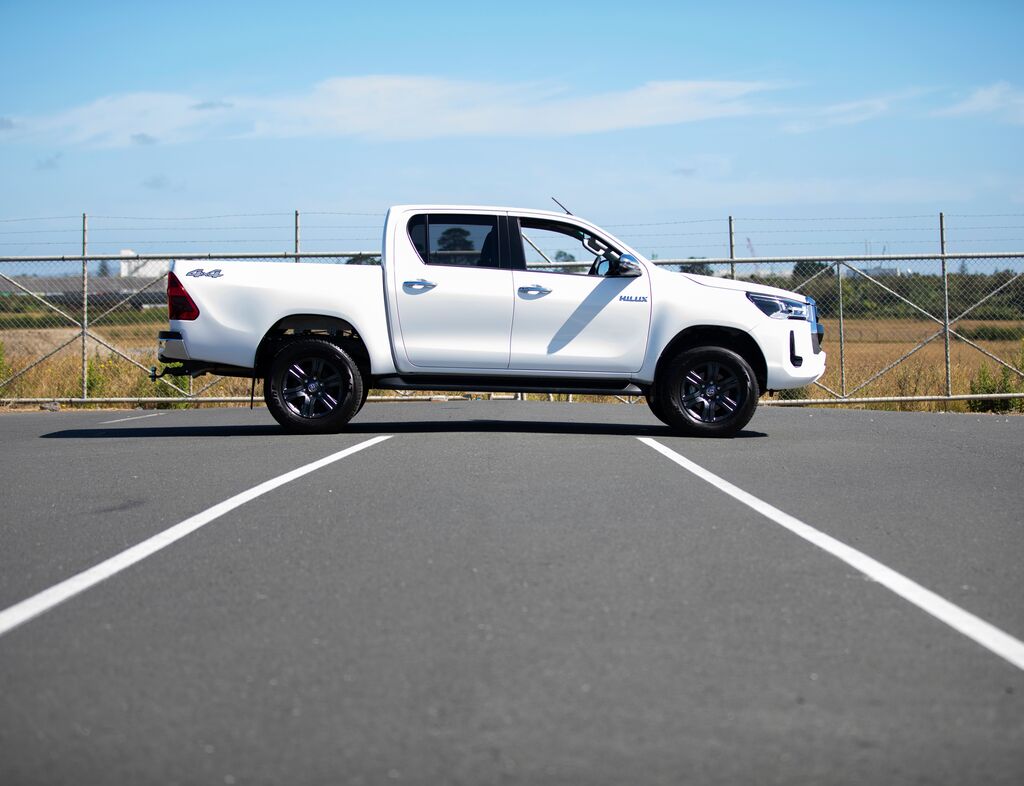Warm and sunny days have become a regular occurrence this summer, with the UK experiencing the hottest June since 1975.
Research shows that roadside assistance organisations deal with more call outs during peak holiday periods than at any other time of the year. To help avoid stints stuck on the roadside this summer we’ve prepared some important Summer safety checks.
Summer safety checks for drivers:
- Read your vehicle handbook: It’s a simple step, but one that is often overlooked. It’s worth taking some time to learn about your vehicle’s key components.
- Make regular oil checks: Open the hood of your car or van and pay close attention to the oil level. Use your dipstick to check its status every couple of weeks and top it up as needed.
- Carry a spare tyre: If one of your tyres goes flat on your journey, the last thing you want is to be waiting around for roadside assistance. Make sure there’s a spare in the boot and you know how to fit it.
- Book your car in for a service: Taking your vehicle on holiday? Before you go, book your vehicle in for a service to try and head off any issues while you’re on your break.
- Check the air pressure in your tyres: Although your tyres are designed to withstand whatever the roads throw at them, if you’re going on a long journey it’s always best to check the air pressure beforehand. Not only can it help you avoid a breakdown, but it also improves fuel efficiency. Your vehicle manual will contain all the details you need.
- Take care of tyres: As well as keeping a spare and checking their air pressure, you also need to look out for cuts and slow-release punctures. You also need to make sure your tread is well within the legal limits. The law requires car tyres to have a minimum tread depth of 1.6mm in a continuous band around the central three quarters of the tyre.
- Inspect your windscreen wipers: Temperamental weather means we aren’t always guaranteed sunny spells during the summer. Prepare for the worst by checking your windscreen wipers ahead of your journey.
- Look after hoses and belts: Extreme heat and long drives can be tough on your vehicle. Avoid cracked hoses and leaky radiators by making regular checks on your hoses and belts and keeping them in good condition.
- Examine the radiator and coolant: When your engine’s cold, make sure your coolant level is between the min and max markers.
- Top up your screenwash: You’re legally required to have a fully working screenwash system so it will need regular top ups.
- Test your lights: Even though the days are longer during summer, it’s important to check your lights are in full working order. Check indicators, reversing lights, brake light and fog lights. Look out for blown bulbs, cracks and dirty lenses.
- Check on your battery: Hot days may be rare in the UK but when they roll around, your vehicle’s battery may fail, especially if it’s old. Have it checked regularly and get it replaced if necessary.
- Keep an emergency travel kit in the boot: Prepare for the worst by adding a handy kit including hazard triangle, jump leads, first aid kit, bottled water, a blanket and torch to the boot. Even if you’ve kept your car in good condition, it could still break down so it’s a good idea to have an emergency kit to hand.
YOU MAY ALSO BE INTERESTED IN…





